In this exciting episode of the We’re Not Stumped podcast, host Mike Bolland engages in an inspiring and insightful conversation with Daruma cast members John Lawson, Abigail Hawk, and Tobias Forrest. Daruma is a landmark film, being the first in American cinematic history to cast both lead actors with disabilities.
The film stars Tobias Forrest (a C-level quadriplegic), John W. Lawson (a double hand amputee), Abigail Hawk of CBS’s Blue Bloods, and Barry Bostwick (The Rocky Horror Picture Show). It tells a story everyone can relate to—one of friendship, fatherhood, and found family.
In the interview, Mike Bolland, who himself has a limb difference, explores with the cast how Daruma tackles often-overlooked themes, such as the humor, resilience, and humanity within stories of disability. Together, they discuss how the film industry is evolving and the essential role that actors and storytellers with lived experiences play in this progress. John, Tobias, and Abigail share personal anecdotes from the set, reflecting on the power of genuine representation and the impact they hope the film will have on audiences. From humorous behind-the-scenes moments to heartfelt reflections, this conversation brings out the passion and dedication behind Daruma.
The cast also touches on the barriers people with disabilities have encountered in the film industry and how Daruma signals a step forward toward inclusivity in Hollywood. They discuss the importance of normalizing disability representation, their journey to find roles that allow them to tell authentic stories, and how Daruma exemplifies a broader trend toward genuine, multifaceted portrayals of people with disabilities.
Whether you’re interested in film, advocacy, or powerful stories that challenge perceptions, this episode offers a thought-provoking look at the making of Daruma and the collective mission of its cast and crew to bring a more inclusive vision to the silver screen.
Don’t miss this enriching interview with John Lawson, Abigail Hawk, and Tobias Forrest as they share their journeys, insights, and the message of Daruma—a movie that celebrates resilience, friendship, and the power of embracing one’s identity. Tune in and be part of a conversation that champions representation and redefines what it means to tell a story from the heart.
More Info: https://www.darumamovie.com
#DarumaMovie #InclusiveCinema #DisabilityRepresentation #WereNotStumped #BehindTheScenes
Listen on Apple Podcasts
Watch on YouTube
Listen on Spotify
Mike Bolland highlights two powerful topics of resilience, and community. Topic 1 – A Call for Coaches ArizonAbility is launching a basketball clinic for adults with disabilities, and they’re looking for a passionate coach to lead the way. This isn’t just about basketball—it’s about confidence, teamwork, and creating a space where every player can thrive. Mike explains what this opportunity means for the community and how one coach can make a life-changing impact. Topic 2 – Inspiration from Legapalooza Mike also shares the inspiring story of Legapalooza (https://legapalooza.com/), founded by Tommy Donahue after a life-changing accident. What started as a small charity event has grown into a movement of resilience, connection, and giving back. Tommy’s journey reminds us that when we come together, we can turn challenges into opportunities for hope and empowerment.
Host Mike Bolland sits down with Alexia Michitti—a public speaker, athlete, and entrepreneur born without a right hand. Together, they reflect on their shared experiences of limb difference and Alexia’s powerful journey of resilience, determination, and innovation. Alexia shares how she’s breaking barriers in sports and beyond—from representing the U.S. in the first Women’s Amputee Soccer World Cup, to filing a patent for adaptive clothing through her brand Em13race (https://em13race.com/), to finding her voice as a motivational speaker. She opens up about life without a prosthetic, her role models, and her passion for inspiring children with limb differences to embrace their uniqueness.
In this episode of We’re Not Stumped, host Mike Bolland reviews EmpowerFest 2025, celebrating the limb loss and limb difference community with inspiring speakers, adaptive activities, and unforgettable moments. Mike also shares a story about a comedian who made a tasteless joke about the limb loss community — and how he got the comedian to remove the post. Tune in for insights, laughs, and a look at what makes the limb loss community so resilient and inspiring!

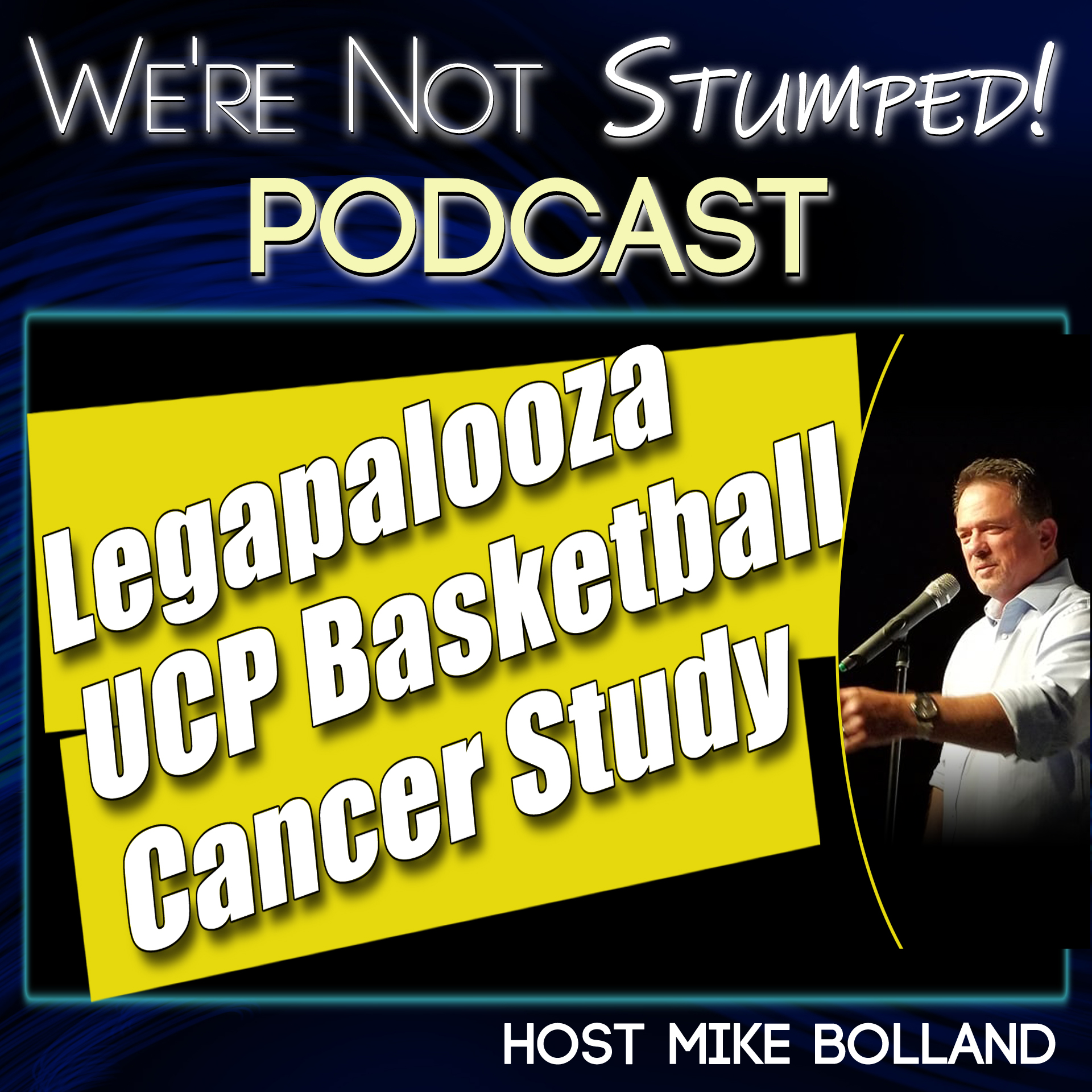
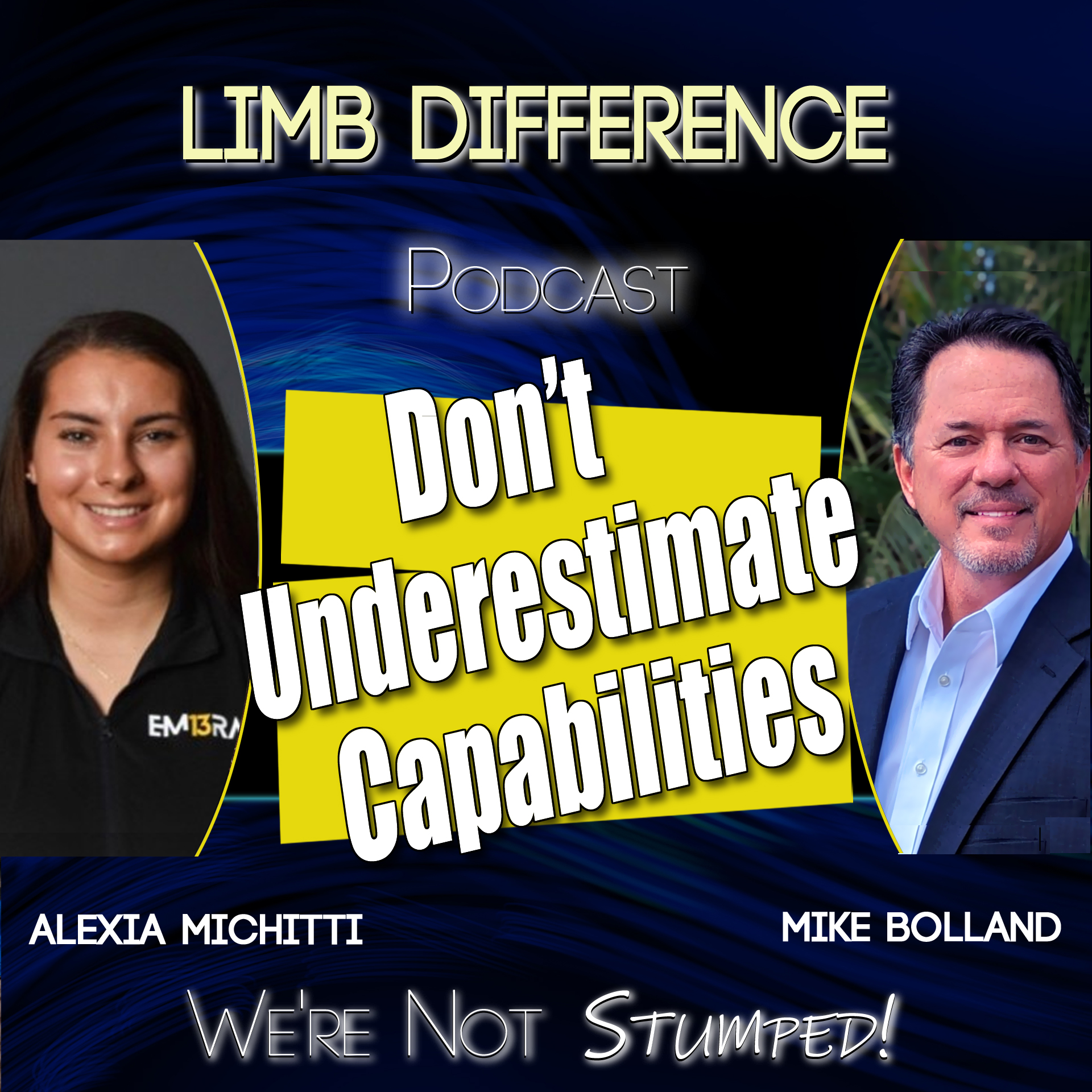
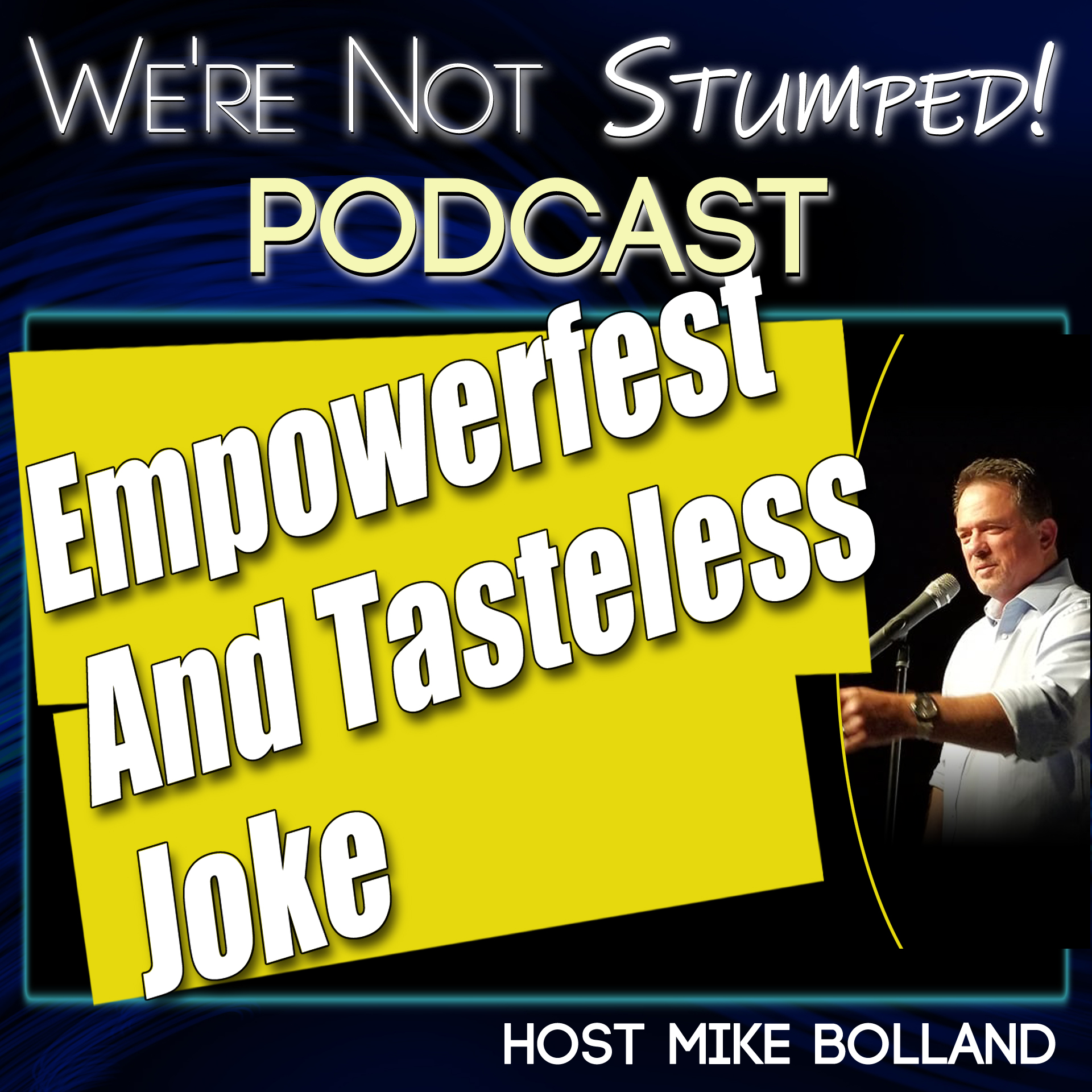
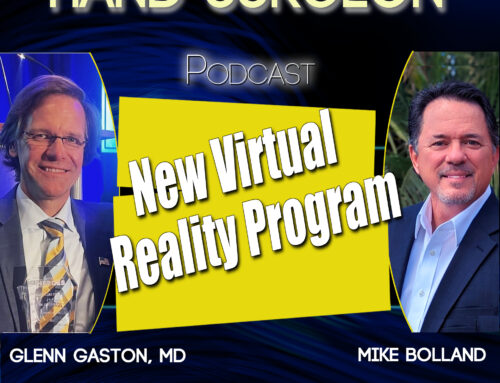
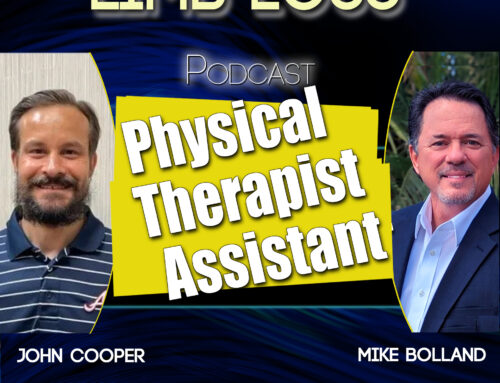
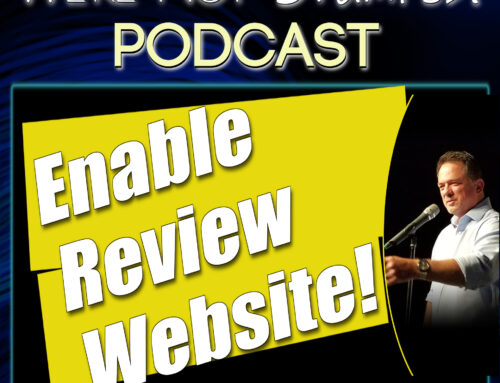
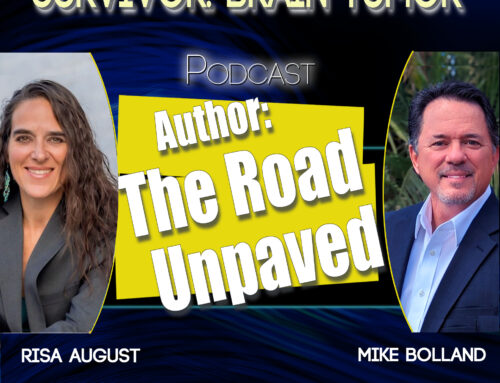
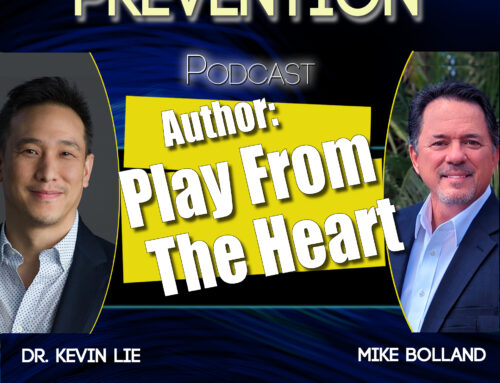
Leave A Comment